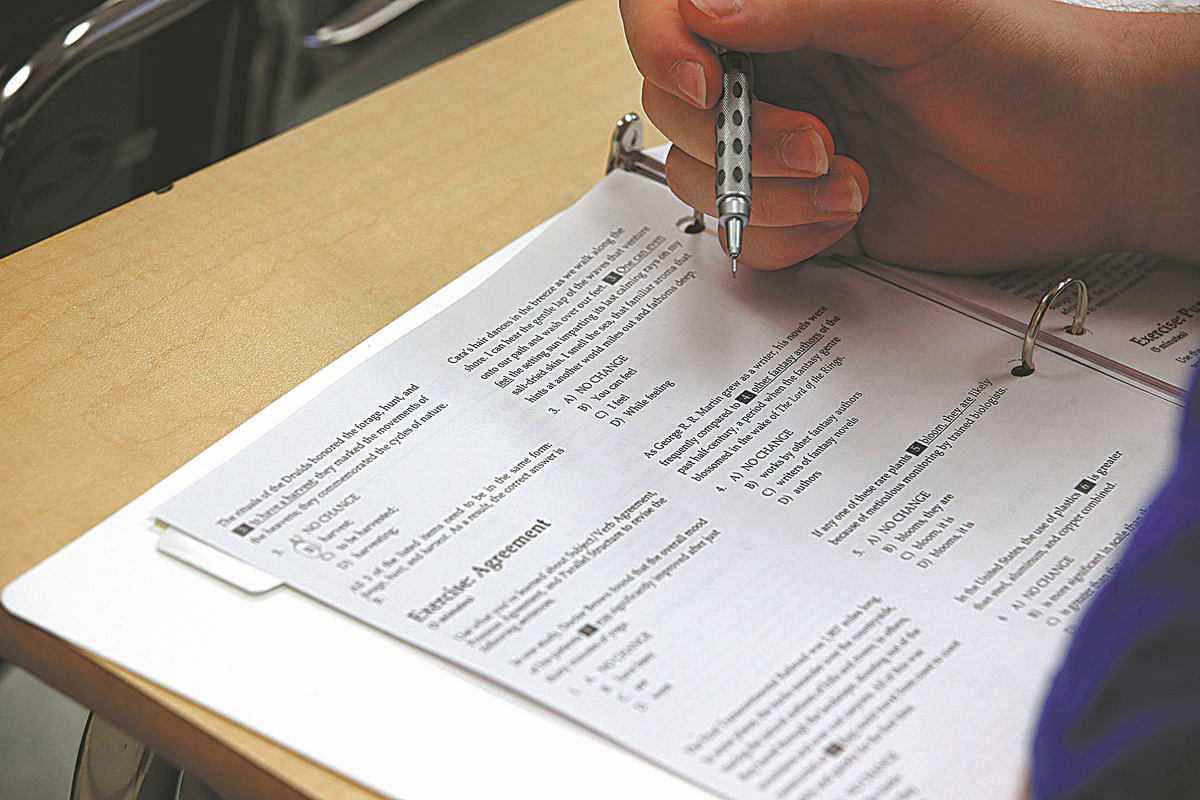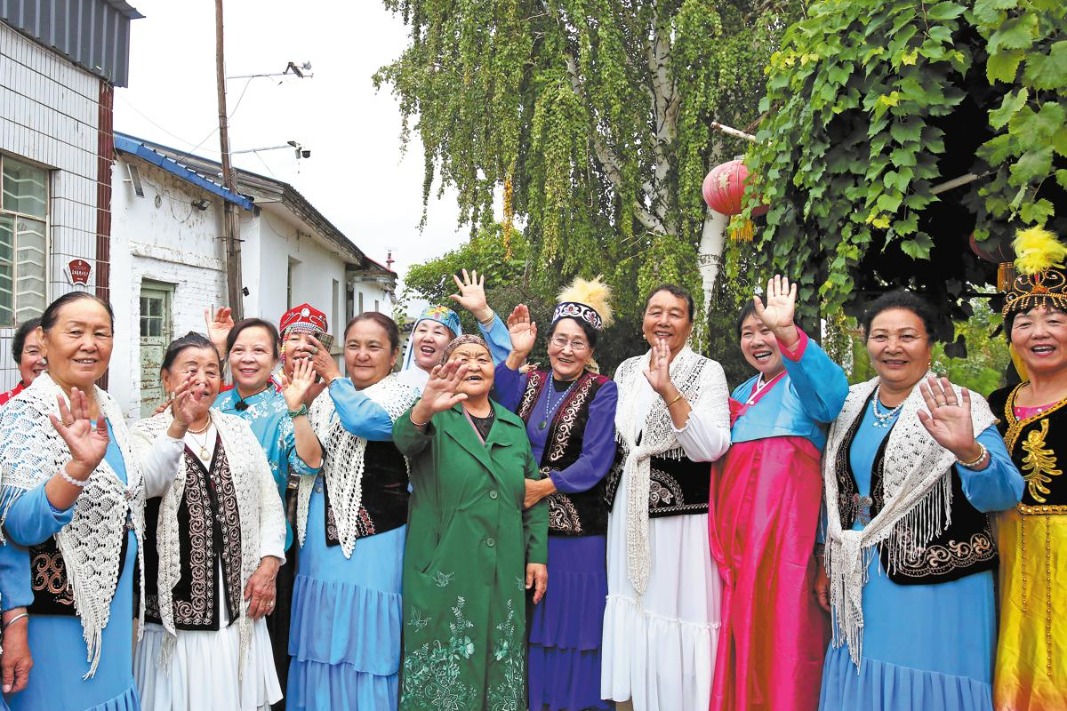Heated debate triggered as more US colleges go 'test optional'


Strong disapproval
However, test-optional policies have been strongly opposed by some Asian organizations, which insist that college admission should be based solely on merit.
One of the fiercest critics is the Asian American Coalition for Education, based in New Jersey, which accused the University of California's test-blind admissions of "undermining the merit-based principle to the detriments of our nation's technological progress and national security".
The coalition argued that standardized tests are "objective and transparent measures", and the move to drop the SAT would "further deprive disadvantaged students, including too many Asian American children, of their fair chances to succeed academically."
The group has long criticized elite schools for rejecting Asian American students despite their perfect SAT scores. It said on its website that it united more than 60 Asian American organizations in 2015 to file a complaint with the US government against what it said was Harvard University's "discriminatory" practices against Asian American applicants.
The coalition also has worked closely with Edward Blum, a conservative activist who sued Harvard in 2014, accusing it of discriminating against Asian American applicants by holding them to a higher admissions standard. In November 2020, an appellate court dismissed the claim, but in January the Supreme Court decided to hear the challenge.
According to a report last year by the Georgetown University Center on Education and the Workforce, even if standardized test scores were the only factor considered in admissions, the proportion of Asian American enrollment at selective colleges would rise by no more than 2 percentage points.
Anthony Carnevale, lead author of the report, said: "If we used test-based merit as the singular admissions requirement, the gain for Asian American applicants would be marginal. But on the flip side, 21 percent of Asian American applicants who were previously admitted would no longer qualify."
Kathryn Paige Harden, a clinical psychology professor at the University of Texas at Austin, said the SAT test itself is not unfair, but society is unfair, so getting rid of the test does not remedy underlying injustice, but makes it harder to see and solve the problem.
Admissions officials commonly consider not only grades but also other factors such as which classes students have taken, access to advanced coursework, sports teams, volunteer positions and overseas study trips, Harden wrote in a recent article published by The Atlantic.
"Dropping any admissions requirement is necessarily a decision to weigh other factors more heavily, such as essays, recommendations and coursework, which are more strongly correlated with family income than test scores are," she wrote.
An effective way to dismantle the barriers between low-income students and colleges is not to eliminate the tests but to provide students with free, accessible universal testing, she added.
The Brookings Institution researchers, although concluding that the SAT maintains "racial inequality", believe it is not time to abandon the tests altogether because this risks "making matters even worse".
"Scrapping tests altogether in college admissions could result in colleges overemphasizing factors that privilege being rich just as much," the researchers said. "If we want a true meritocratic college admissions process, we need to give all children the chance to compete by addressing inequity early in life so that students, regardless of background, can succeed."
To solve the problem, the researchers suggest increasing cash transfers to disadvantaged parents with young children, improving access to quality preschool programs, teaching parents the skills they need to effectively raise their children, and improving outcomes in weaker K-12 systems. K-12 education refers to the combination of primary and secondary schooling children receive from kindergarten to the 12th grade.
Venturini, the college consultant and author, said: "If getting into college was simply dependent on perfect test scores, colleges could quickly fill up an incoming class. Students are more than just a test score to a college. Colleges want unique kids with breakout talents who have engaged in their passions and excelled in them.
"They want students who are creative, have character and a sense of community. With the move toward test-optional admissions, students will have more opportunity to focus on these traits and the value they bring to the college."
























